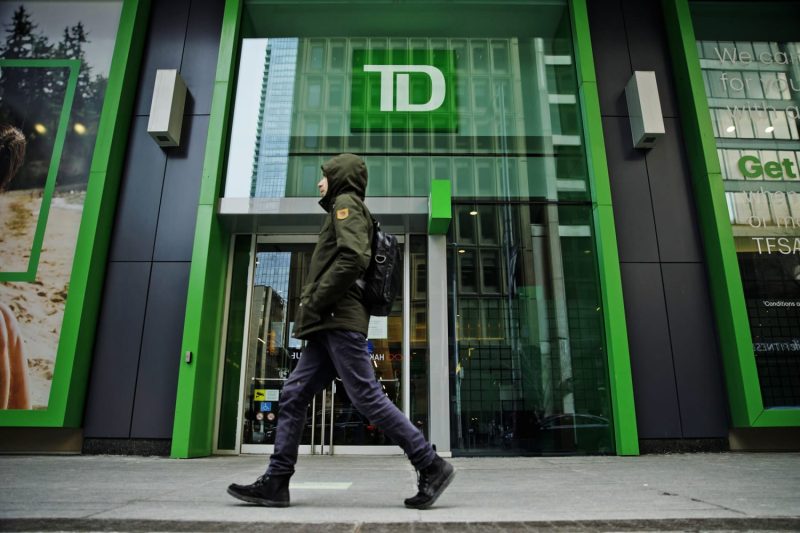TD Bank Pleads Guilty in Money Laundering Case, Will Pay $3 Billion in Penalties
The recent case involving TD Bank pleading guilty to money laundering charges and agreeing to pay $3 billion in penalties has sent shockwaves through the financial world. This marks one of the largest penalties ever imposed on a financial institution for money laundering violations.
The case against TD Bank stemmed from allegations that the bank facilitated the laundering of billions of dollars for illicit actors, including drug traffickers and other criminal organizations. The bank was accused of turning a blind eye to suspicious transactions and failing to adequately monitor and report potentially illicit activity.
In response to the charges, TD Bank entered a guilty plea and agreed to pay $3 billion in penalties to settle the case. This substantial sum underscores the seriousness of the violations and serves as a warning to other financial institutions about the consequences of failing to uphold anti-money laundering regulations.
The implications of this case extend beyond just TD Bank. It highlights the critical importance of robust anti-money laundering measures within the financial industry. Money laundering not only facilitates criminal activities but also undermines the integrity of the global financial system. By holding institutions accountable for their role in enabling money laundering, regulators send a clear message that such behavior will not be tolerated.
In light of this case, it is imperative for financial institutions to prioritize compliance with anti-money laundering regulations. This includes implementing effective monitoring systems, conducting thorough due diligence on customers and transactions, and promptly reporting any suspicious activity to regulatory authorities. Failing to do so not only puts the institution at risk of significant penalties but also jeopardizes its reputation and trustworthiness in the eyes of customers and investors.
Moreover, this case serves as a reminder to regulators and law enforcement agencies of the importance of vigilance in enforcing anti-money laundering laws. By holding banks and other financial institutions accountable for their compliance failures, regulators play a crucial role in deterring money laundering and protecting the integrity of the financial system.
In conclusion, the case of TD Bank pleading guilty to money laundering charges and agreeing to pay $3 billion in penalties serves as a stark reminder of the serious consequences of failing to prevent illicit financial activities. It underscores the need for all financial institutions to have robust anti-money laundering measures in place and for regulators to take swift action against those that violate these regulations. Only through collective efforts can the financial industry effectively combat money laundering and safeguard the integrity of the global financial system.

